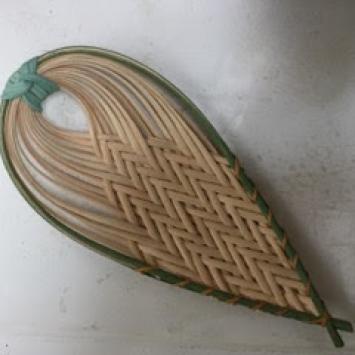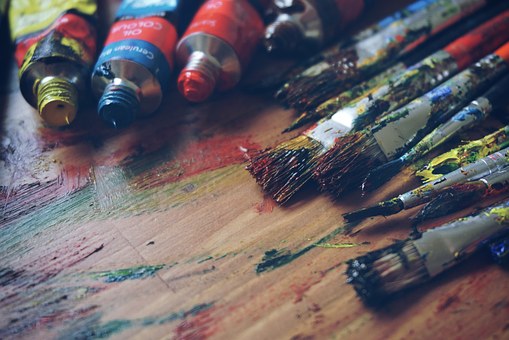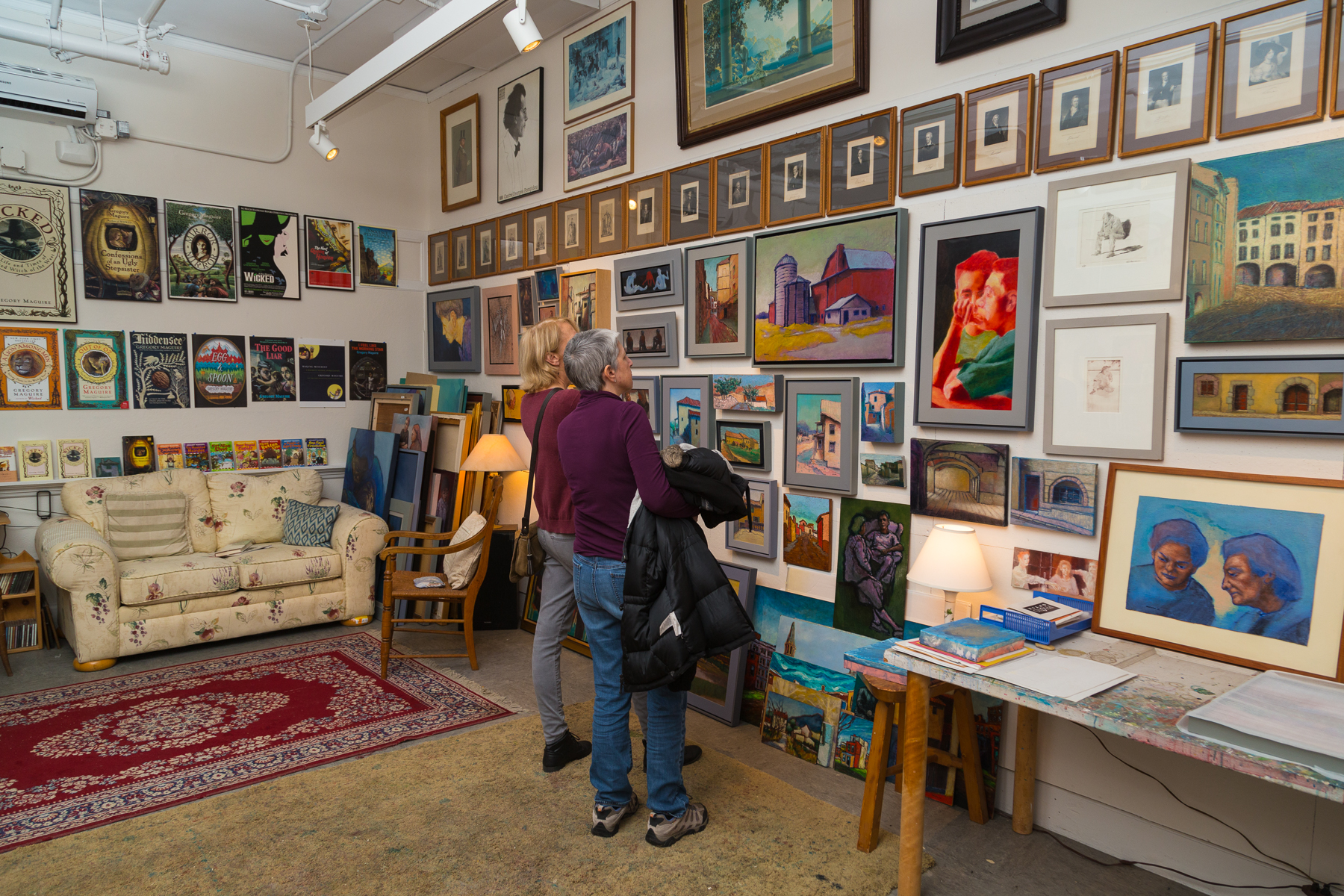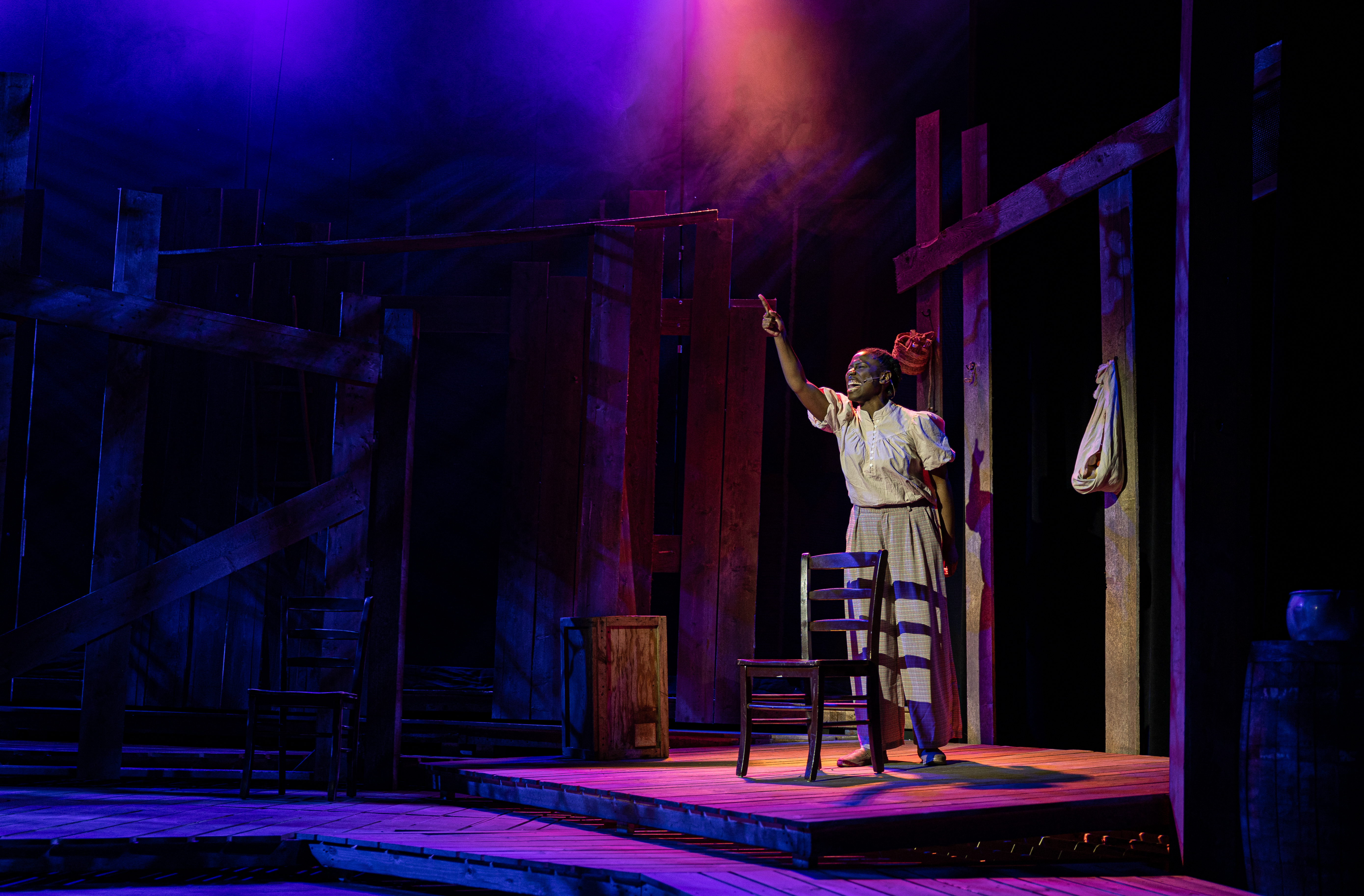Basket-Making with Debra Rolfe
August 7, 2018 by nancy

Circumstance fostered Debra Rolfe’s passion for basket-making. As a young girl, she happened to attend a Bloomington, Indiana middle school with a special program that exposed students to the art of weaving. Debra wove her first basket through this program and never forgot the experience, forever remembering the joy she found in the weaving process. Years later, circumstance drew Debra to basket-making once more. As a volunteer crafts teacher at a Girl Scouts camp, Debra was asked to teach her campers how to weave a small basket. This motivated her to learn more about basket-making and the rest is history. Debra has now been weaving for almost 25 years and teaching weaving to children and adults for 15 years, currently working as Musketaquid’s basket-making instructor! Community members can come to her seasonal classes at The Umbrella to engage with the local tradition of basket-making pioneered by Native Americans and expanded upon by modern basket-makers like Debra.
One of the oldest crafts in America, basket-making has been a feature of life in New England since Native American times. Native Americans used the “pliable materials of their environment -- vines, twigs, grasses, withes, and roots”¹ to weave together storage and carrying baskets, hats, mats, nets, utensils and even ceremonial pieces. In short, basket-making was an essential skill for Native Americans because the pieces produced were used in almost every aspect of life.²
Because basket-making is no longer integral to the functioning of society, modern basket-makers have the freedom to “push the bounds of tradition and explore the rich and varied possibilities of scale and sculptural form that basketry has to offer.”³ Indeed, transcending artistic boundaries is one of Debra Rolfe’s philosophies. She encourages her Musketaquid students to move beyond the prototypes that she provides and engage with the various weaving techniques and available materials. Debra wants her students to create truly unique pieces. She says, “It is so rewarding for me to see… the sense of accomplishment they feel when they have created a basket that is truly their own design.”
At the foundation of Debra’s work is the connection between arts and the environment that Musketaquid is based on. Like the Native Americans did, Debra and her students use natural materials like cattail leaves and reed to weave together their creations. They take what already exists in our natural environment and transform it into art. Unlike the Native Americans however, Debra and her students also use recycled materials. The unfortunate reality of the modern world is the abundance of paper and plastic that dominates the environment. In using recycled materials for weaving, Debra and her students create something beautiful while working to maintain the beauty of the natural environment.
Ultimately, Debra provides community members with the same opportunity that she had as a young girl growing up in Indiana. She offers the chance to discover a new passion; a passion that is rooted in appreciating and preserving the natural environment that Musketaquid so cherishes.
***
Debra will be teaching two classes this fall, a “plaited play” class where students will work with paper and cattail leaves to learn basic plaiting techniques, and a “brown bag recycling basket” class where students will weave together a recycling basket. Visit https://www.familyid.com/programs/musketaquid-arts-environment-adult-you... for more details and to register!
1. Couch, Osma Palmer. Basket Pioneering: a Popular Handbook ... Judd, 1947, 20.
2. Ibid.
3. Ibid.






